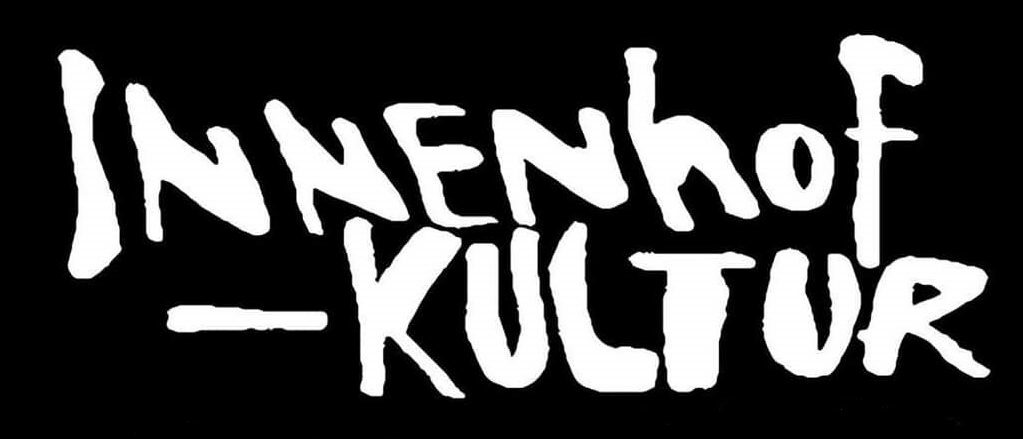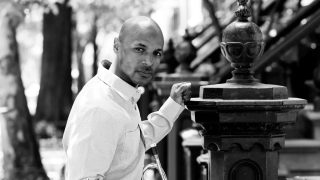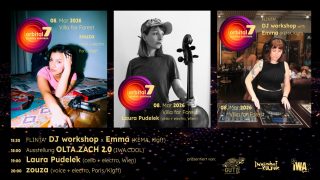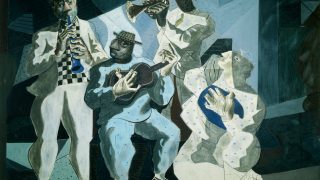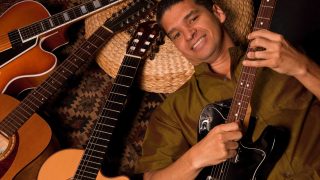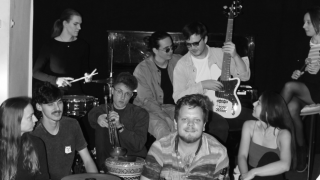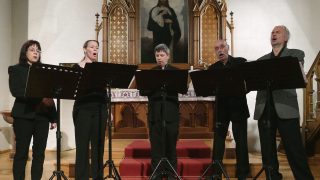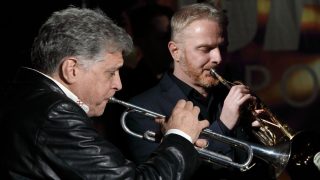Triest – Portrait einer europäischen Stadt. Anspruch und Wirklichkeit
für Details bitte anklicken
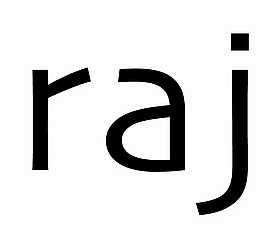
Triest – Portrait einer europäischen Stadt. Anspruch und Wirklichkeit
Anlässlich des 60. Geburtstags von Günther Schatzdorfer ladet der „Club tre popoli“ am 11. und 12. Mai 2012 zu einem „Fest für Triest“, um seine Wahlheimat zu würdigen und einen aktuellen Stand der Dinge zu „Europas europäischster Stadt“ zu erfahren.
Freitag, 11.5.2012 18:00 -20:00
Ort: Europahaus (Reitschulgasse 1, 9020)
Vernissage mit Werken aus dem Nachlass Günther Schatzdorfer
sowie Foto-Musik-Beitrag von Monika Bulay
weitere Öffnungszeiten: Sa: 14:00 – 18:00 ; So: 10:00 – 13:00
Samstag 12.5.2012, 10:00 -13:00
Ort: Musil-Museum (Bahnhofstraße 50, 9020)
Podiumsgespräch unter der Moderation von Gisela Hopfmüller
Am Podium:
Monika Bulay (Fotografin)
Paolo Possamai (Direktor „Il Piccolo“)
Riccardo Cepach (Koordinator Svevo Museum)
Kenka Lekovich (Autorin)
Primus-Heinz Kucher (Germanist und Triest-Kenner)
Samstag 12.5.2012 ab 13:00
Ort: RAJ (Badgasse 7, 9020 Klagenfurt)
Triestiner Köstlichkeiten
Raimund Spöck und sein Team verwöhnen Sie mit Speis und Trank aus Triest, dem Karst und Istrien.
„Un poco di ben e un poco di mal tien la barca drita“
